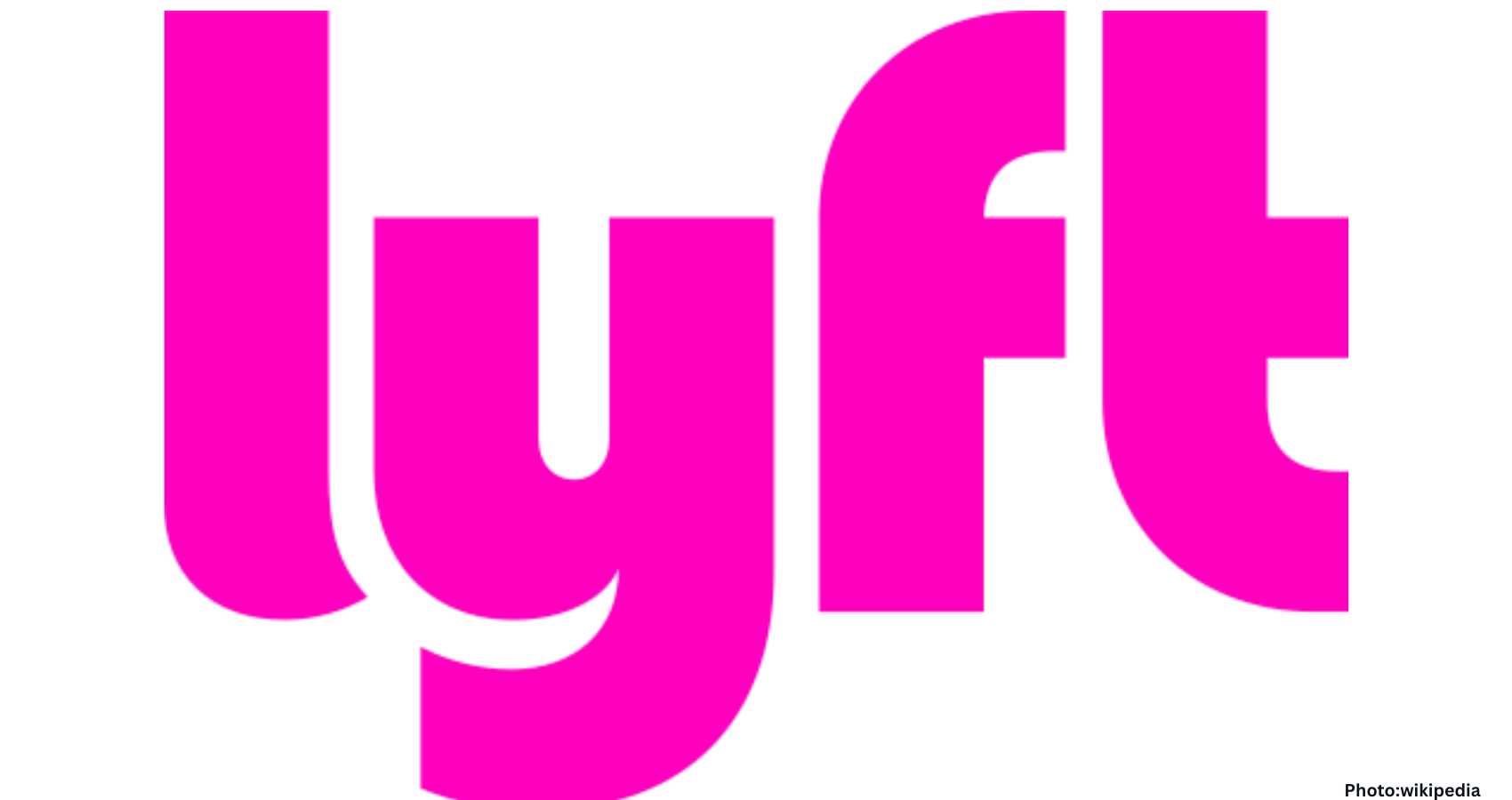Lyft is set to enhance its global presence with a new tech hub in Toronto, alongside European acquisitions and plans for integrating autonomous vehicles into its operations.
Ride-hailing company Lyft is planning to establish a new technology hub in downtown Toronto, slated to open in the second half of 2026. This new office will become Lyft’s second-largest tech center, following its headquarters in San Francisco.
Located in Toronto’s financial district, the hub is expected to accommodate several hundred employees across various departments, including engineering, product development, operations, and marketing. This expansion is part of Lyft’s broader strategy to diversify its growth beyond the core U.S. market.
Lyft’s sales in Canada have seen significant growth, with a reported increase of over 20% in the first half of 2025 compared to the same period last year. This trend underscores the importance of the Canadian market to Lyft’s overall business strategy. Since launching ride-sharing services in Toronto in 2017, the city has emerged as a key international market for the company. Additionally, Lyft operates bikeshare services in both Ontario and Quebec.
The new Toronto tech hub aims to tap into the vast talent pool available in the Greater Toronto Area’s technology sector, further solidifying Lyft’s presence in Canada.
In a significant move to expand its international footprint, Lyft recently completed its $197 million acquisition of the European ride-hailing service Freenow. This acquisition marks Lyft’s first expansion outside North America. Following this deal, Freenow users will be encouraged to download the Lyft app when traveling in the U.S. or Canada, and Lyft riders will have access to Freenow’s services across nine countries and 180 European cities.
Eventually, the integration will allow users to book rides on either app seamlessly, without the need to switch platforms. Lyft has also announced the opening of a global tech hub in Barcelona under the Freenow brand, which already employs several hundred workers and plans to expand further. Following the acquisition, Freenow has indicated that riders can expect improvements such as more consistent pricing, faster ride matching, and new features.
As of the end of last year, Lyft’s global workforce stood at 2,934 employees, according to an annual filing with the U.S. Securities and Exchange Commission.
In addition to its European expansion, Lyft has acquired Glasgow-based TBR Global Chauffeuring for $110.8 million in cash. This acquisition enhances Lyft’s offerings in the luxury ride-sharing segment, as TBR Global Chauffeuring operates across six continents, in 120 countries, and over 3,000 cities. Through this acquisition, Lyft aims to strengthen its position in the high-value premium chauffeur market by leveraging a network of independent fleet partners.
As the second-largest ride-hailing company in the U.S., Lyft is also looking to integrate more autonomous vehicles into its network starting in 2025. This initiative follows partnerships with Mobileye and several other technology firms established last year.
With these strategic moves, Lyft is poised to enhance its global presence and adapt to the evolving landscape of the ride-hailing industry.
Source: Original article

